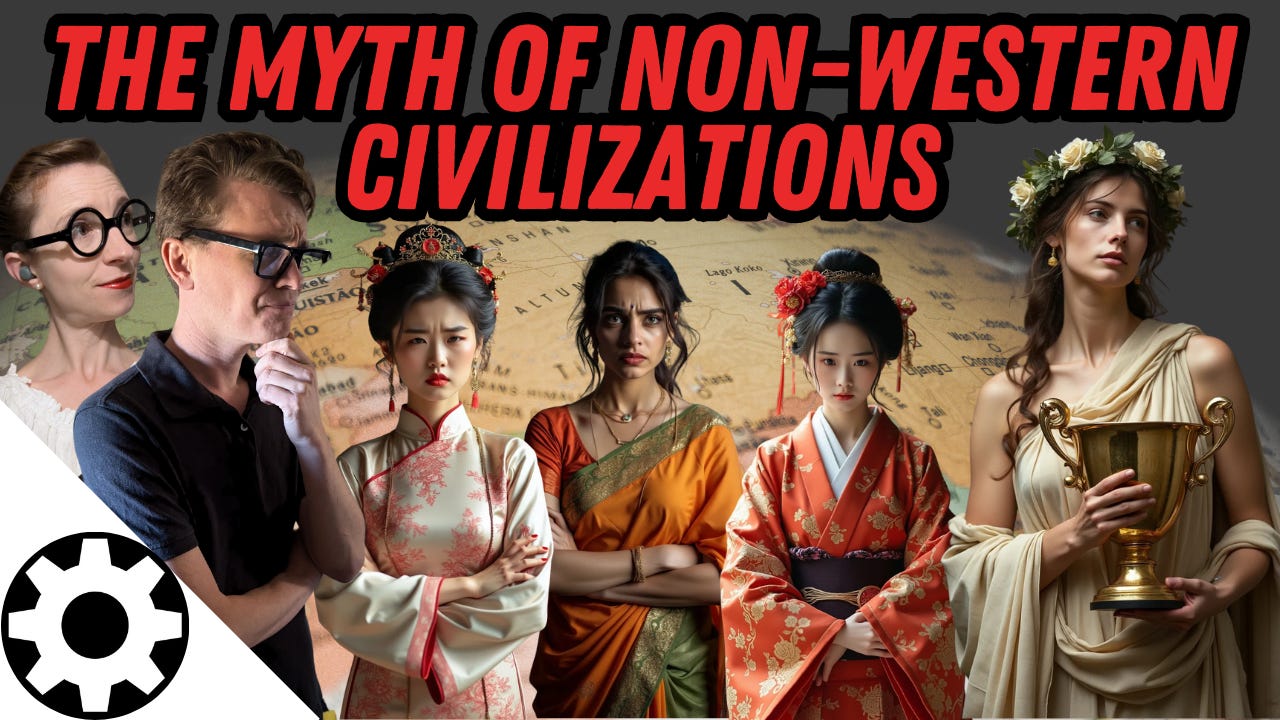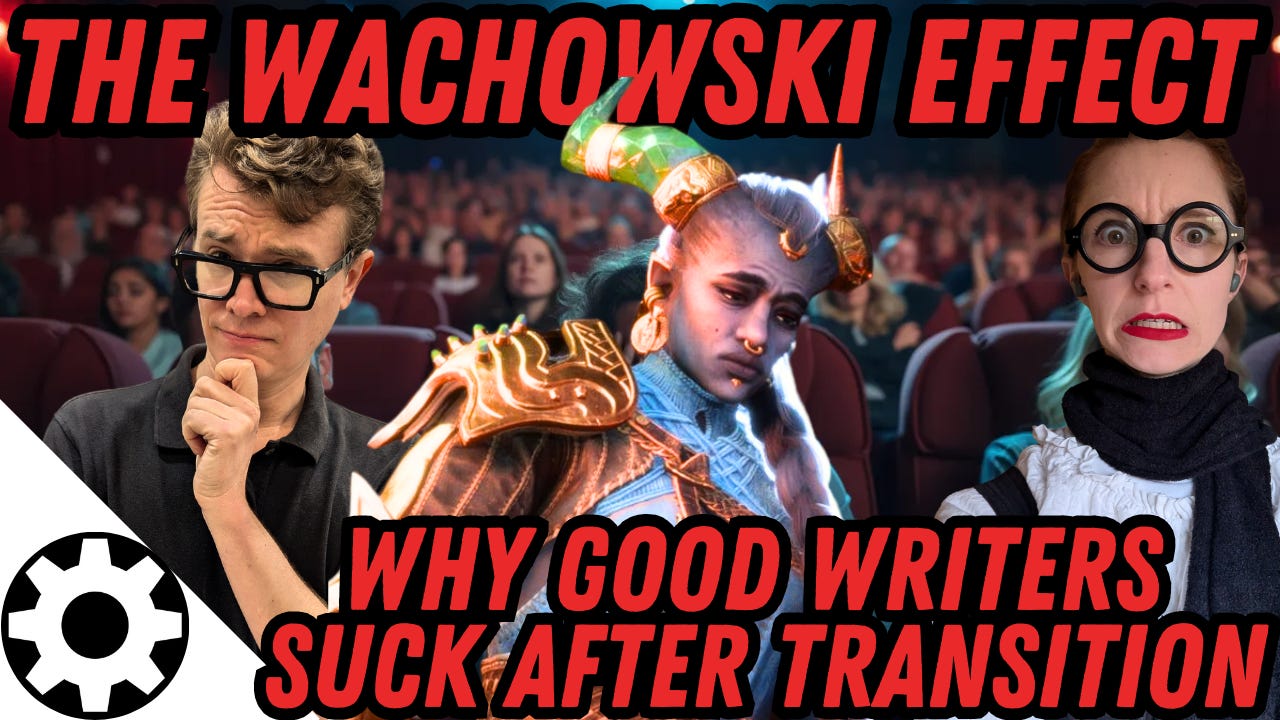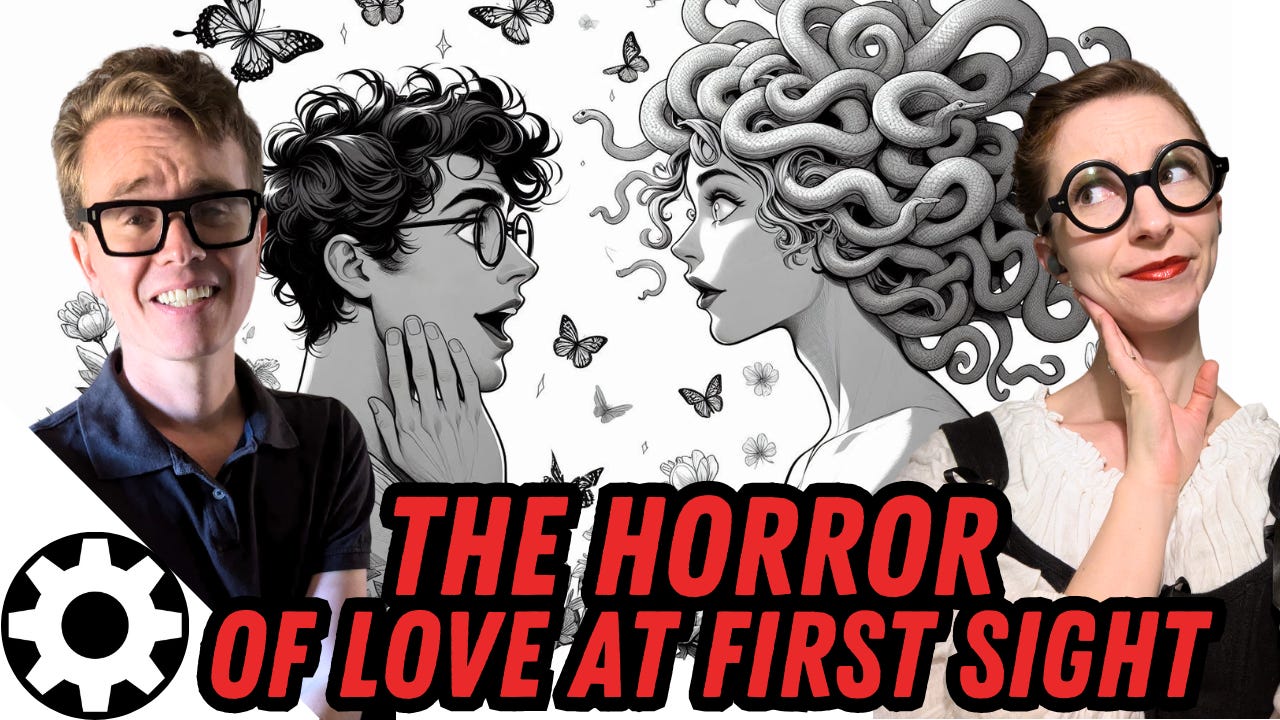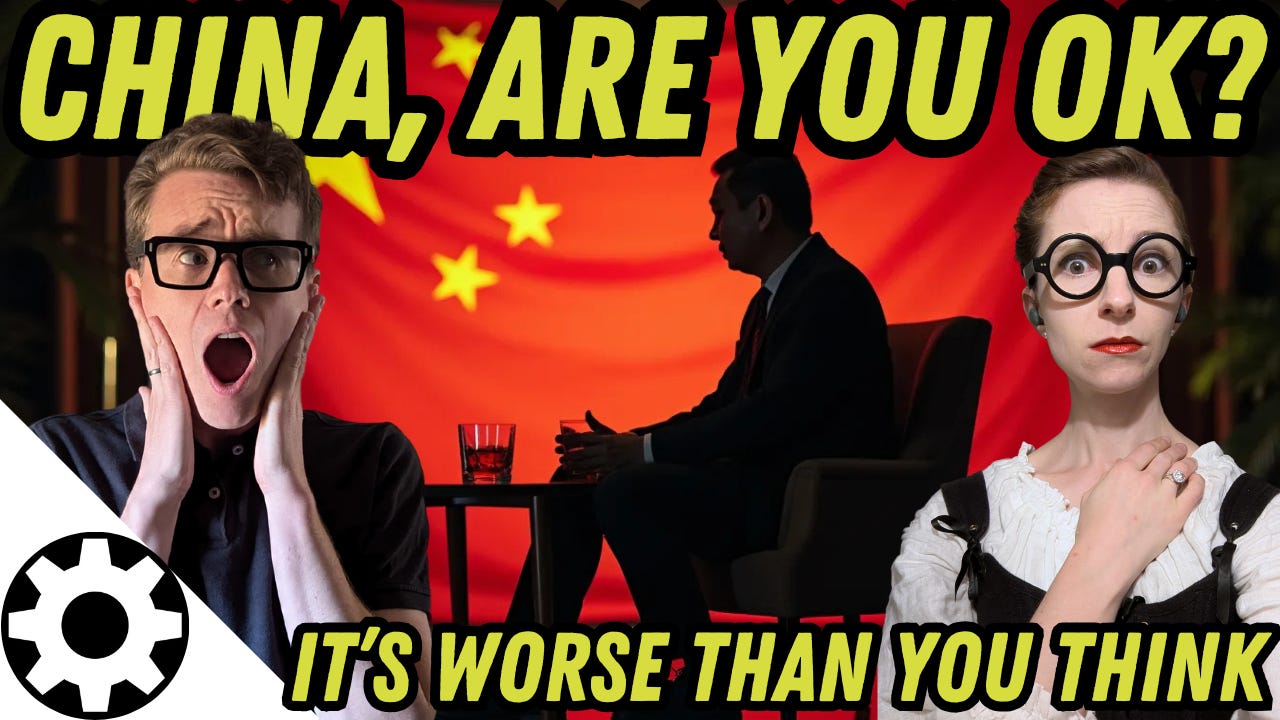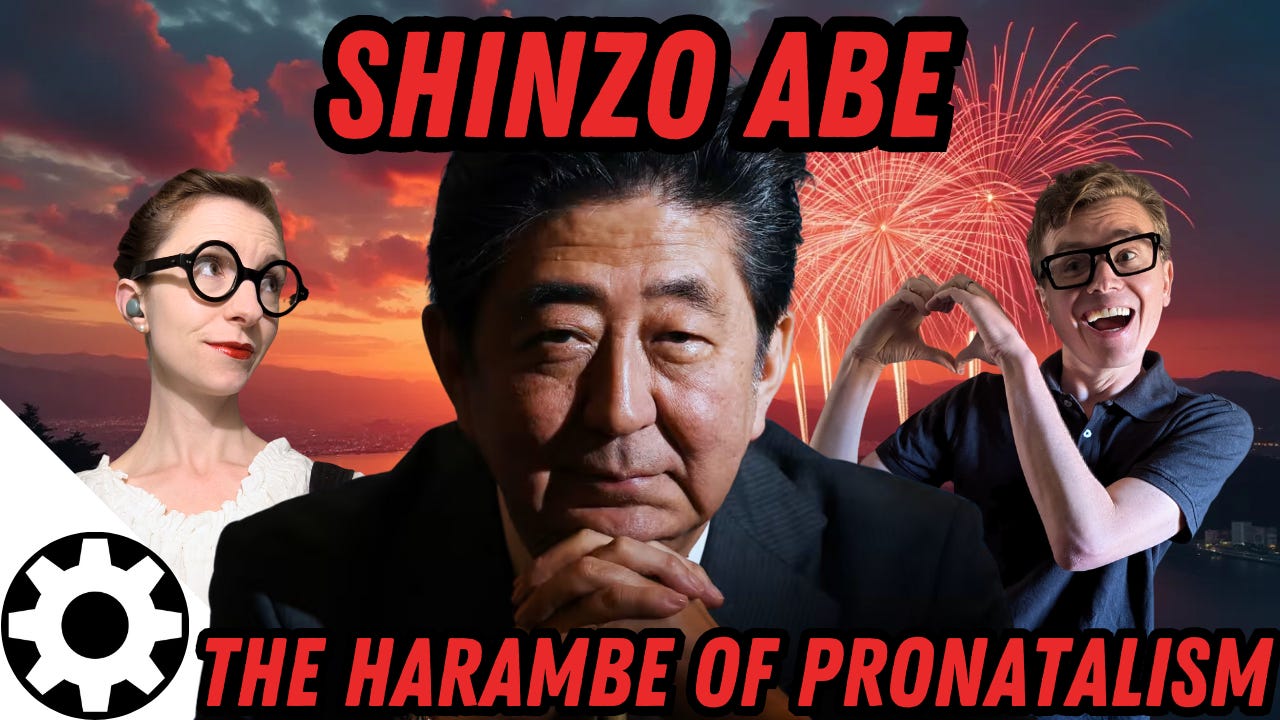The One Civilization Theory: It Was Only Ever Rome (The Misnomer of "Western Civilization")
Description
Join us as we delve into a provocative theory that reshapes how we view the history of human civilization. Discover the 'One Civilization Theory,' which posits that the vast majority of civilizational achievements stem from a single cultural lineage. Through an engaging discussion, we explore the advancements and contributions of this 'one civilization,' its potential to transform regions it touches, and the comparative historical advancements of different cultures across the globe. This episode promises to challenge mainstream historical narratives and offer a new perspective on our shared cultural ancestry and the factors driving civilizational success.
[00:00:00 ]
Hello, Simone! This episode is definitely going to go in the best of category for Basecamp, because it is a theory that I came to, which completely transforms how I see the history of humanity, and it is probably the single most offensive theory that we will air on this channel, if it becomes a mainstream theory, It will almost certainly always appear.
Any video that shows it will have a little explanation at the bottom by like the UN or something about how this theory isn't accurate. So historically I had this view that I think most people have is that human civilization. basically emerged in a few different regions, and that you would have these periods of growth where sometimes one region would be ahead.
Other times, another region would be ahead. Totally. Yeah, like, oh, China's the most cutting edge right now. And, and now [00:01:00 ] it's Japan and now it's, you know, It's, it's Egypt and whatever, yes, totally agree.
This theory posits that that view of history is mostly downstream of what I can only call the deification of the historical narrative. And that. The vast majority of feats of civilization were created by one civilization.
Oh no. And now I'm worried. Yes. Awkward. And it came to me when I was studying ancient Rome and ancient Greece recently, because I've been on a kick watching a number of videos on ancient Rome and Greece, and one thing really hit me as I was studying these periods, whenever Rome would retreat from a region.
And the Roman Empire would fall temporarily in a region that region would fall [00:02:00 ] back into a period of people essentially fighting over who had the nicest mud hut. Like very little was happening in those regions during that period. And this includes the region that my ancestors were only when we were older.
under Roman colonization during the period of the Roman Empire. Did we really do anything meaningful, civilizationally speaking? Okay. So to be fair, you're not arguing that it's your own ancestors who were somehow superior from a culture. Yes. Not my own ancestors. My ancestors were mud hut people.
For example, I am pretty much British, Irish, Scottish English The British Islands. You might say, well, come on, your ancestors must have produced something. Aren't there any great ruins in ancient British Isles? I was like, well, you know, there's Unga Bunga, like Stonehenge, I wouldn't call that a great ruin.
And they go, come on, there must be some great architecture in the British Isles. And I would say, actually, there is! In the [00:03:00 ] seventies, eighties, there was this beautiful bath complex built in Bath . And they're like, ah, you've seen the British can do something. I go, well, unfortunately, the Romans built that.
And it was in a, a, a nowhere backwater of the Roman Empire. And Britain didn't build anything comparable for literally thousands of years. This was their equivalent of like a district like sub-district that nobody cared about. But now you might be going through your head. What led me to this thought?
So I was studying the Roman Empire, thinking of all these ruins, and I started thinking, okay, okay, okay. But what about like the other civilizations of Earth during this period, right? Like, I've traveled all over the world. I've been to something, I think it's over a hundred countries. Like done a lot, a lot of travel.
And so I started thinking, okay, what were the other major civilizations? I was like, okay, you have Mesoamerica. Mesoamerica had great ruins, right?
You know, you've got your, your Machu Picchu, for example. Um, and ancient Mayan and Aztec ruins are extremely impressive. Right, [00:04:00 ] but as anyone broadly knows those ruins are fairly recent like Machu Picchu was built in the 15th century and so but I gave them a i'm like, okay, that doesn't really count.
You know, they got their civilization started later but there's also like india and china In japan, right? Like they're all ancient civilizations and i've i've been to these countries before and I was like, okay, so When I was in japan I must have seen some ruins that had any sort of equivalency to even, like, Roman backwaters in, like, Spain and stuff.
I started thinking about it and I was like, what? Okay. Okay. China. I've, I've seen some hint that there was a civilization there. And then I was like, no. Oh, oh no, no, no, no, no, no, no. I have seen an East Asian ruin impressive at the Roman ruins. There was Angkor Wat and in India there was Hampi. And then I look up the dates of those ruins, the 15th and the 14th century.
Those ruins were built. [00:05:00 ] Anchor Watt was built when King's College Chapel was being built in Cambridge. In 1446. Like, they were built incredibly recently. And so then I was like, okay, okay, okay, okay, okay, okay. But egypt. I consider Egypt to be the ancestor of Greek civilization.
So it's one line of civilization. The Greeks considered Egypt to be the ancestor of their civilization. Do they really? In Greek literature, they would say, oh, we got our civilization from Egypt. Yeah, they're always borrowing from Egypt. So, basically the, the single line of civilization that I can track goes Egypt, Mesopotamia, Greece and Greece really takes over the flame from Egypt, and then Rome takes over the flame from Greece, and then Charlemagne takes over the flame from, , Rome, and then Charlemagne's kingdom splits into the various distinct sort of warring kingdoms that take over the flame from that, and then the flame is taken over by the British Empire and then it's sort of seeded around the world.
But [00:06:00 ] to get back to the story here, I was like, okay, but works of literature. Right? I have heard about all of these great works of literature by totally disconnected cultures. Like, for example, the Romance of the Three Kingdoms. Or the Journey to the West. Did you know when these were written? Romance of the Three Kingdoms was written in the 14th century. Journey to the West was written in the 16th century. I was like, okay, well, what about like, Water Martyr, Martyrs, also known as Outlaws of the Marsh, or Dream of the Red Chamber, right?
I've never heard of these. The 14th and the 18th century, respectively. To give you an idea of how late these were written to works of literature that I can clear, consider just like, As somebody who has read translated works of literature, and I'm just like, this one grabs me, these two don't. Dante's mind comedy was, started writing it in 1308, and he finished writing it in 1320.
Hundreds of years before any of these works. How about the Tales of Genji? The Tales of [00:07:00 ] Genji. That's Japan, and that was I think even written by a woman
the 11th century, Simone. So that was written only 200 years before Dante's Divine Comedy. Did you read the Tale of Gingy? Have you read the Aeneid? Yeah, and, okay, that's a lot better. Okay, so when was the Aeneid written? Yeah, okay, admittedly, way, way, way before the Tale of Genshi. The Aeneid was written in 29 or 19 B. C. The Tales of Genshi were written literally 1, 000 years later, and were literarily less sophisticated and complex.
That's fair, yeah. It's not like it's ancient. Even close. And this is like, when I started having this, I just started going through, I was like, Oh God, this can't be real. And again, I'm not saying that there was like no Japanese civilization, that they didn't produce any art, that there was no Chinese civilization, that there was no Indian civilization.
But what I'm saying is, and you'll actually see this, is that these civilizations advanced [00:08:00 ] artistically, literarily, at about the speed of my own ancestors, which were the British, until the British met the Romans. And then after the British were fully colonized the British began, like as civilization spread out from Charlemagne again, they began to do some, you know, more sophisticated things.
But what I'm saying is just it's. Civilizationally, along almost every metric, they were dramatically behind the one civilization. Yeah. So there's basically what you're arguing is there is one civilizational lineage that has ever actually kicked ass. It started with Egypt. went through Mesopotamia, Greece, Rome, et cetera, and sort of into Europe broadly.
And there's just kind of nothing that competes with it. And, and, and no one has spontaneously figured it out the way that this has. So everyone who is most competitive now is standing on the shoulders of that one giant. There is only one giant. There is only one giant. And every time it, Touches [00:09:00 ] another region, right?
Usually first they rebel, it leaves, it spins into savagery again, then they come back they, they try to set something up, And by the time they set up any sort of permanent civilizational infrastructure in the region Then that region undergoes a rapid increase in prosperity in the amount of artistic works they're producing, in the amount of industry they're producing, in the amount of science they're producing.
So it's not that it only works for one people. My people can invent this. Insofar as a culture is willing to adopt it and build upon it, they can th

